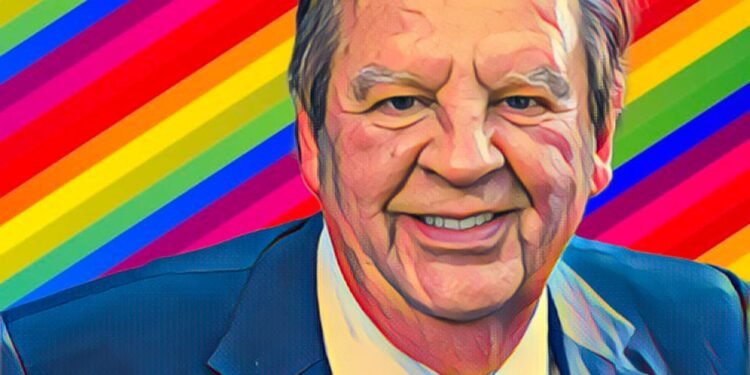Key Points
- South Africa’s richest individuals shape industries from mining to media, influencing economic growth and global markets.
- Johann Rupert, Nicky Oppenheimer, and Patrice Motsepe lead in wealth and influence, with investments spanning luxury goods, diamonds, and mining.
- While billionaires drive job creation and philanthropy, critics argue their fortunes highlight systemic disparities in South Africa’s economy.
South Africa’s billionaires hold immense economic power, shaping industries, and investment trends both at home and across the continent. They dominate global luxury markets, control vast mining empires, and drive technological innovation—playing a major role in job creation and economic development. But their influence is not without controversy.
Leading this exclusive circle is Johann Rupert, chairman of Richemont, alongside business heavyweights like Nicky Oppenheimer, Patrice Motsepe, and Koos Bekker. Their fortunes, built through generational wealth, strategic investments, and entrepreneurial success, make them some of the most powerful figures in Africa’s economy.
Wealth in South Africa has deep roots. The Oppenheimer family once controlled the global diamond trade, while a newer generation of self-made billionaires—like biotech investor Patrick Soon-Shiong and music industry mogul Clive Calder—reflects shifting patterns of wealth creation. Yet, these fortunes exist in stark contrast to the country’s deep inequality, with South Africa ranking among the most unequal societies in the world.
Each billionaire has left a mark on key sectors. Rupert’s luxury empire, which includes Cartier and Montblanc, extends South Africa’s economic reach globally. Oppenheimer’s De Beers legacy continues to shape the diamond market. Motsepe’s African Rainbow Minerals and Bekker’s Naspers have transformed the mining and technology industries, respectively.
Despite their economic contributions, South Africa grapples with an unemployment rate exceeding 35 percent, and wealth remains concentrated among the elite. While billionaires create jobs and attract investment, critics argue their vast fortunes highlight deeper systemic inequalities. Industries that once symbolized prosperity are now at the center of debates on redistribution, taxation, and economic reform.
Many of these billionaires fund initiatives in education, healthcare, and entrepreneurship. Rupert’s foundation supports small businesses, Oppenheimer’s trusts focus on conservation, and Motsepe is a key advocate for Black economic empowerment. But the bigger question remains: Do these contributions meaningfully address inequality, or do they serve to maintain the status quo?
As South Africa navigates its economic future, its billionaires will remain at the heart of the national conversation. Their business empires and political influence will shape the country’s path forward. The real test is whether their wealth will drive meaningful change—or deepen economic divides.
In this report, Billionaire.Africa profiles the 10 richest South African billionaires, examining how their financial power and business decisions are shaping the nation’s present and future.
1. Johann Rupert
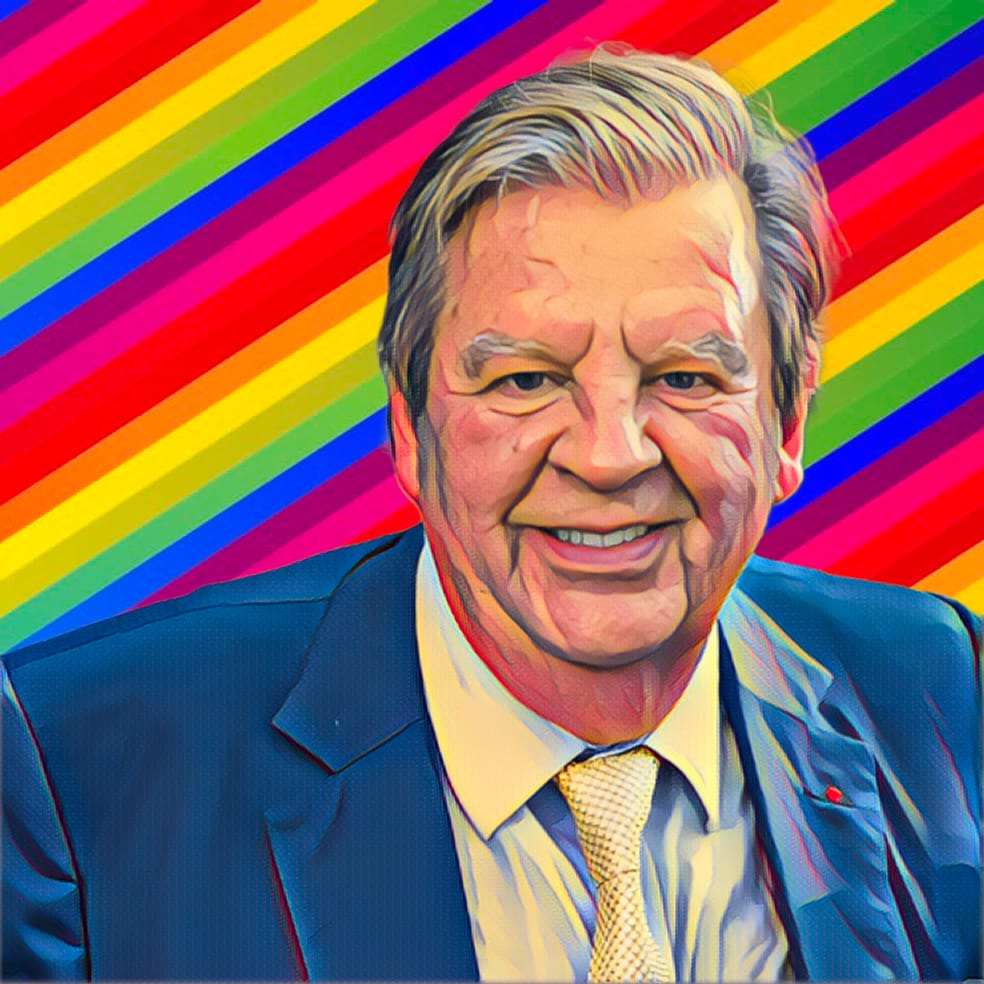
Net Worth: $16.3 billion
Source: Luxury Goods and Investments
Johann Rupert, South Africa’s richest person, is the chairman of Richemont, the luxury goods group behind brands like Cartier, Montblanc, and Van Cleef & Arpels. His fortune is closely tied to the global luxury market, but his influence extends well beyond business. Through the Rupert Family Foundation, he has invested heavily in education, conservation, and the arts, leaving a philanthropic legacy that complements his business empire. His investments in vineyards and tourism have also strengthened South Africa’s reputation as a world-class destination for wine and luxury travel.
2. Nicky Oppenheimer
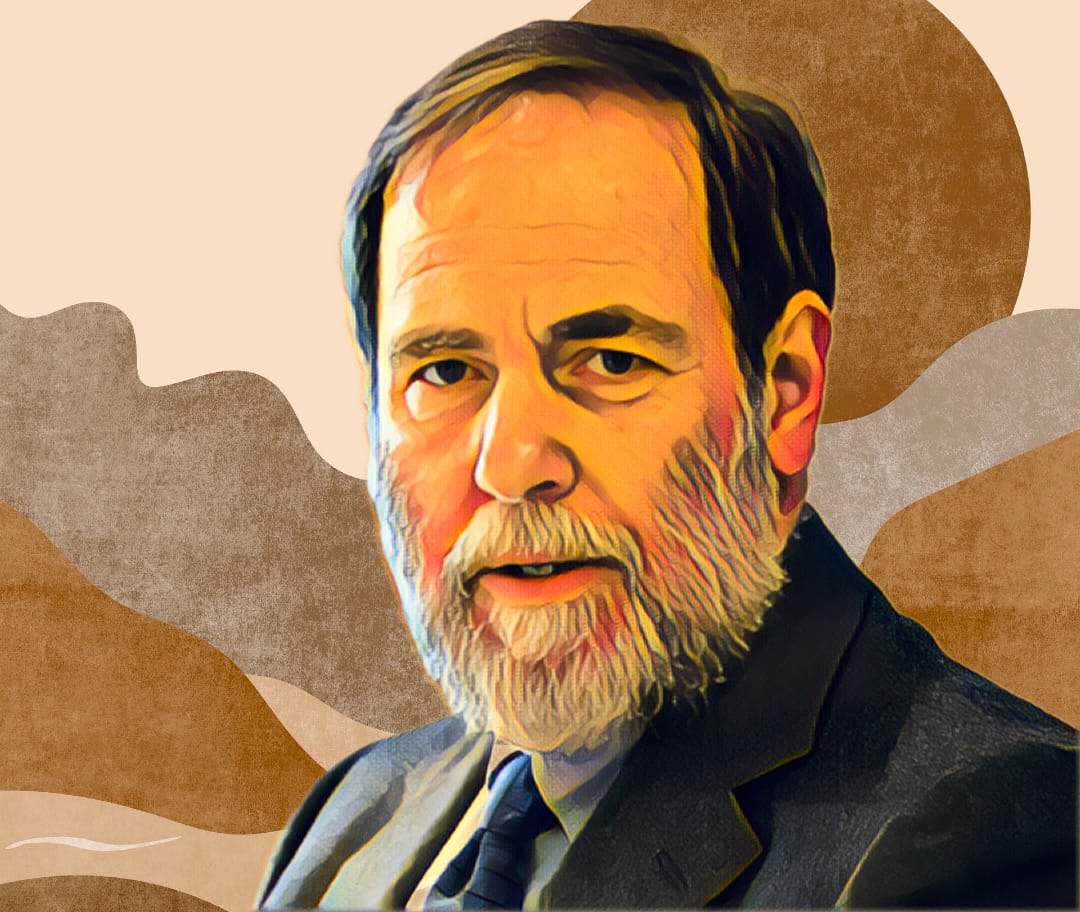
Net Worth: $11.8 billion
Source: Mining and Investments
As the heir to the De Beers diamond empire, Nicky Oppenheimer has long been a key player in South Africa’s mining sector. After selling his family’s stake in De Beers to Anglo American in 2012, he shifted his focus to private equity and conservation. His firm, Oppenheimer Generations, has invested in African startups and sustainable development initiatives. A strong advocate for wildlife conservation, he oversees the Tswalu Kalahari Reserve, one of South Africa’s largest private game reserves, reinforcing his role in the country’s eco-tourism industry.
3. Patrick Soon-Shiong
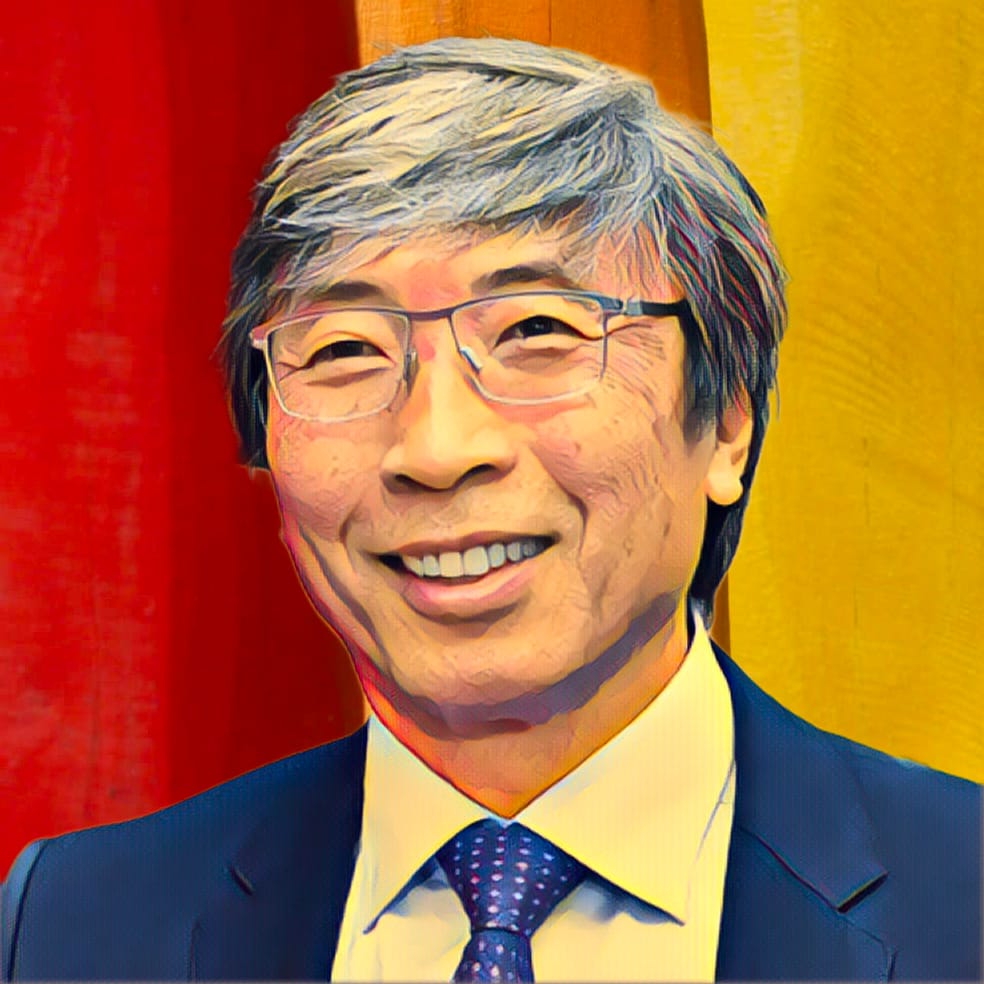
Net Worth: $10.9 billion
Source: Healthcare and Biotechnology
Born in South Africa to Chinese immigrant parents, Patrick Soon-Shiong built his fortune in the U.S. through groundbreaking work in cancer treatment and biotechnology. His company, NantWorks, is at the forefront of precision medicine, advancing treatments in cancer and infectious diseases. Despite his global success, he remains connected to his roots, investing in South Africa’s healthcare infrastructure and launching initiatives to combat chronic diseases. His acquisition of The Star, one of South Africa’s oldest newspapers, also reflects his commitment to media and information access.
4. Clive Calder
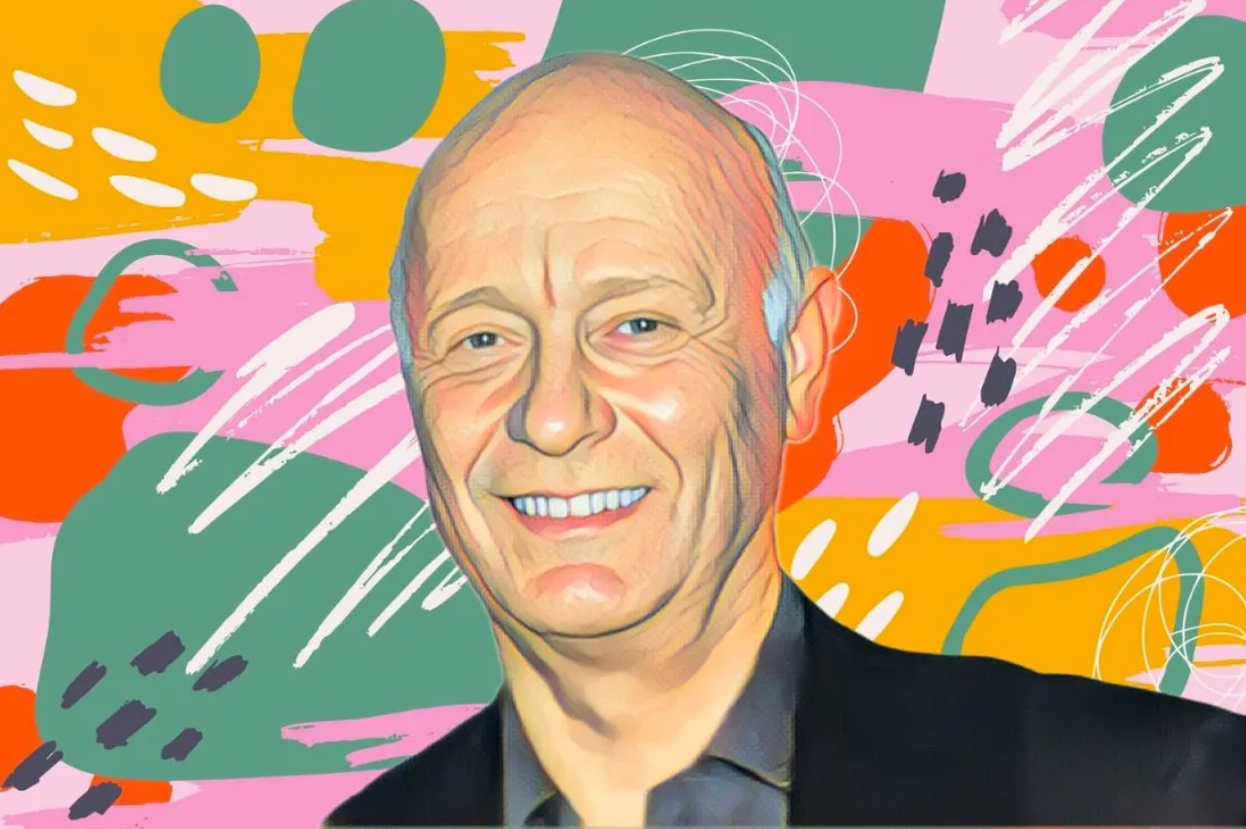
Net Worth: $8.15 billion
Source: Music and Entertainment
Clive Calder transformed the music industry with his label, Zomba Music Group, which helped launch the careers of artists like Britney Spears and NSYNC. Though he relocated to the Cayman Islands, his South African roots remain a key part of his journey. His success continues to inspire the next generation of South African artists and entrepreneurs, while his wealth fuels investments in entertainment and beyond.
5. Ivan Glasenberg
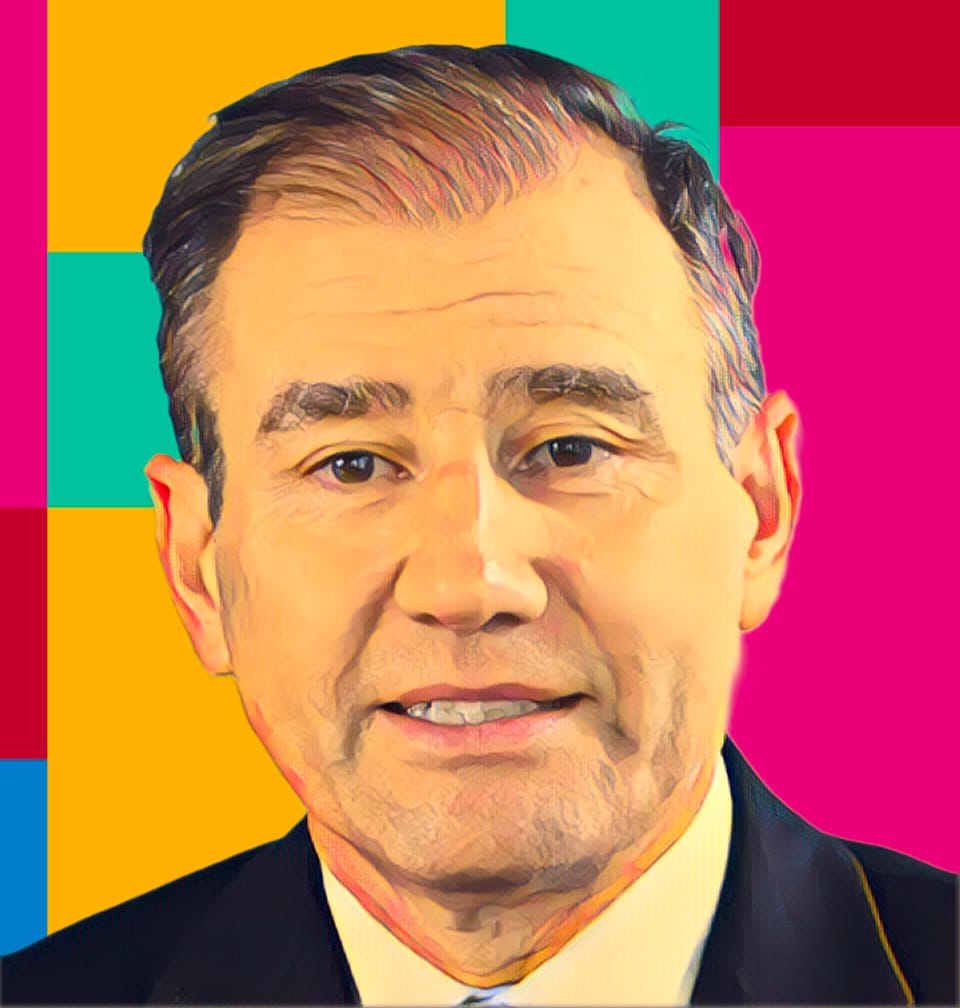
Net Worth: $7.2 billion
Source: Mining and Commodities
A major figure in the global commodities market, Ivan Glasenberg led Glencore to become one of the world’s largest mining and trading companies. Under his leadership, the company expanded its coal and ferroalloy operations in South Africa, reinforcing mining as a key pillar of the national economy. Even after stepping down as CEO, Glasenberg’s wealth remains closely tied to the country’s resource sector, with a continued focus on efficiency and sustainability.
6. Koos Bekker
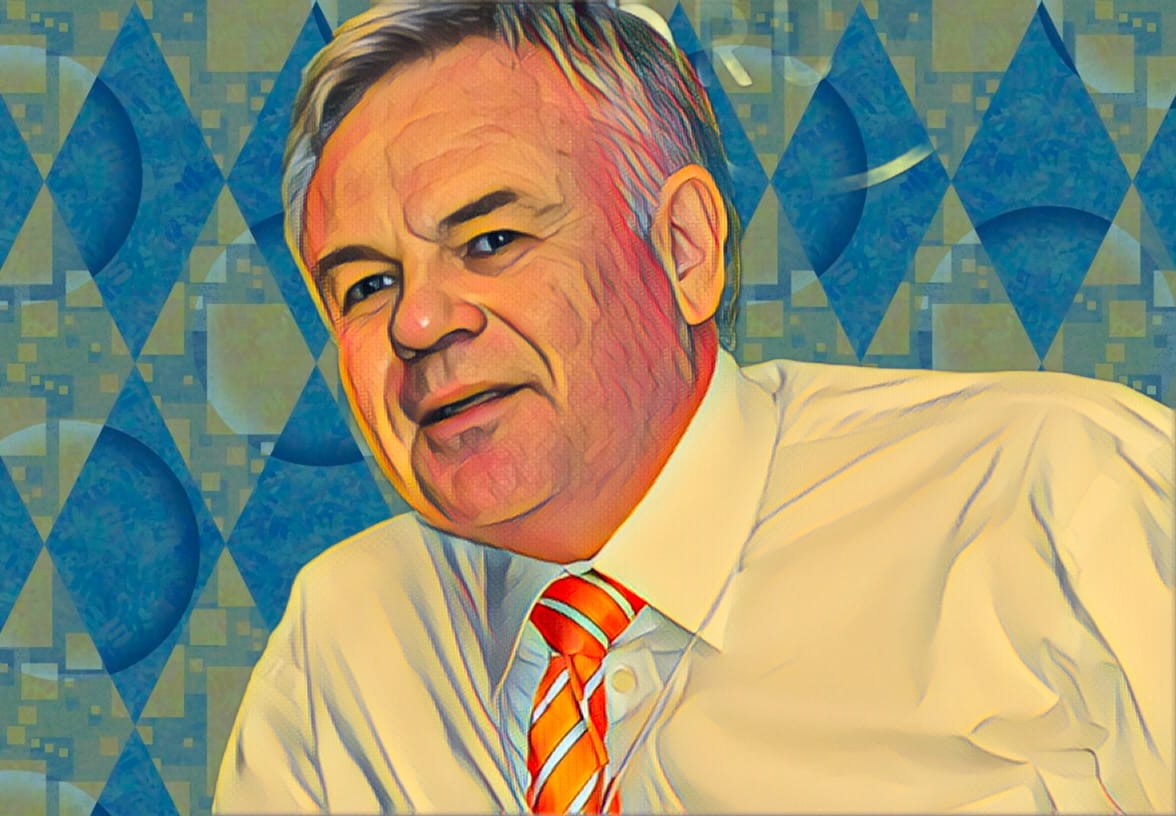
Net Worth: $2.9 billion
Source: Media and Technology
Koos Bekker reshaped South Africa’s media landscape through Naspers, the global tech and media group. His biggest move was investing in Tencent, the Chinese tech giant, a decision that generated massive returns. In South Africa, Naspers owns major platforms like News24 and PayU, playing a key role in digital media and fintech. His influence in the tech industry has positioned the country as a growing hub for innovation.
7. Patrice Motsepe
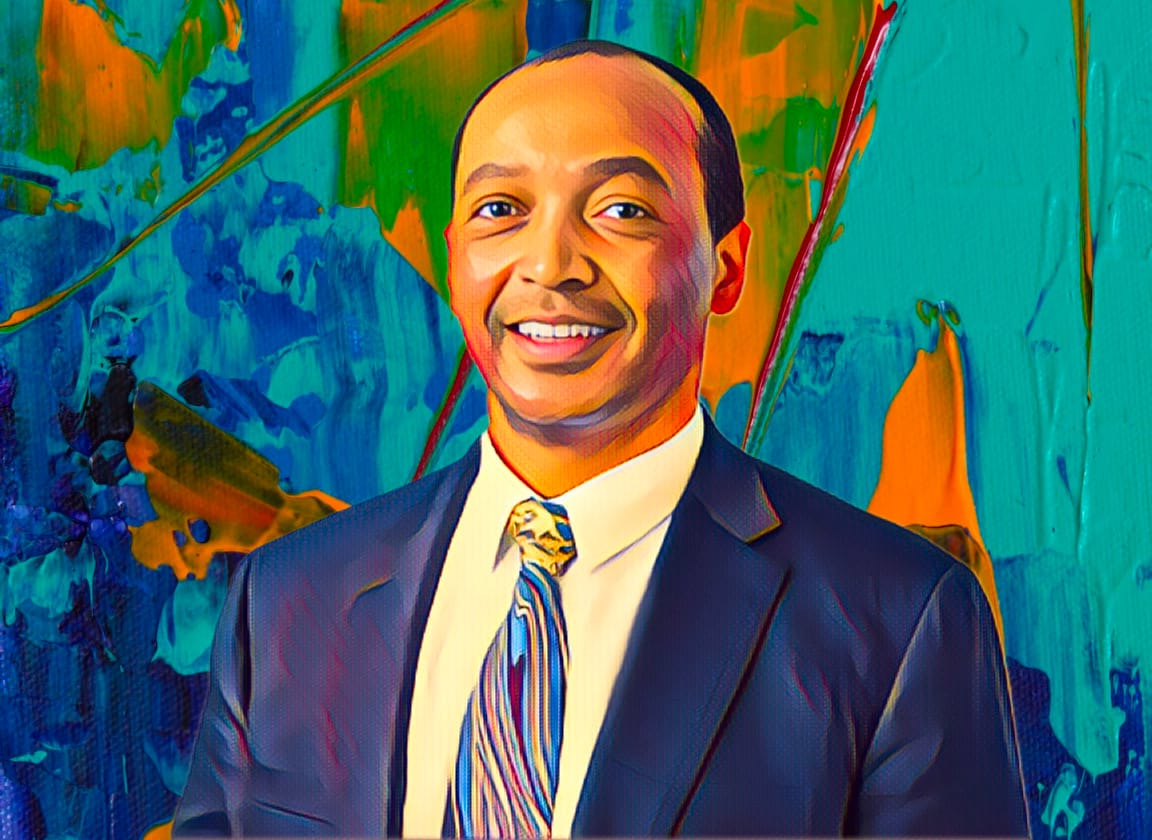
Net Worth: $2.7 billion
Source: Mining, Investments, and Sports
Patrice Motsepe became Africa’s first Black billionaire in 2008 through African Rainbow Minerals, a company with interests in gold, platinum, and other resources. Over the years, he has steadily expanded his investments beyond mining. Through African Rainbow Capital (ARC), he has ventured into fintech and sustainable energy, reflecting his long-term vision for economic growth. One of ARC’s major moves was backing NASDAQ-listed Lesaka Technologies in its R1.59 billion ($85 million) acquisition of Adumo, a payments firm. This investment aligns with ARC’s goal of advancing financial inclusion in Africa. Motsepe also owns Mamelodi Sundowns, one of South Africa’s top football clubs, and has pledged a significant portion of his wealth to philanthropy through the Motsepe Foundation.
8. Michiel Le Roux
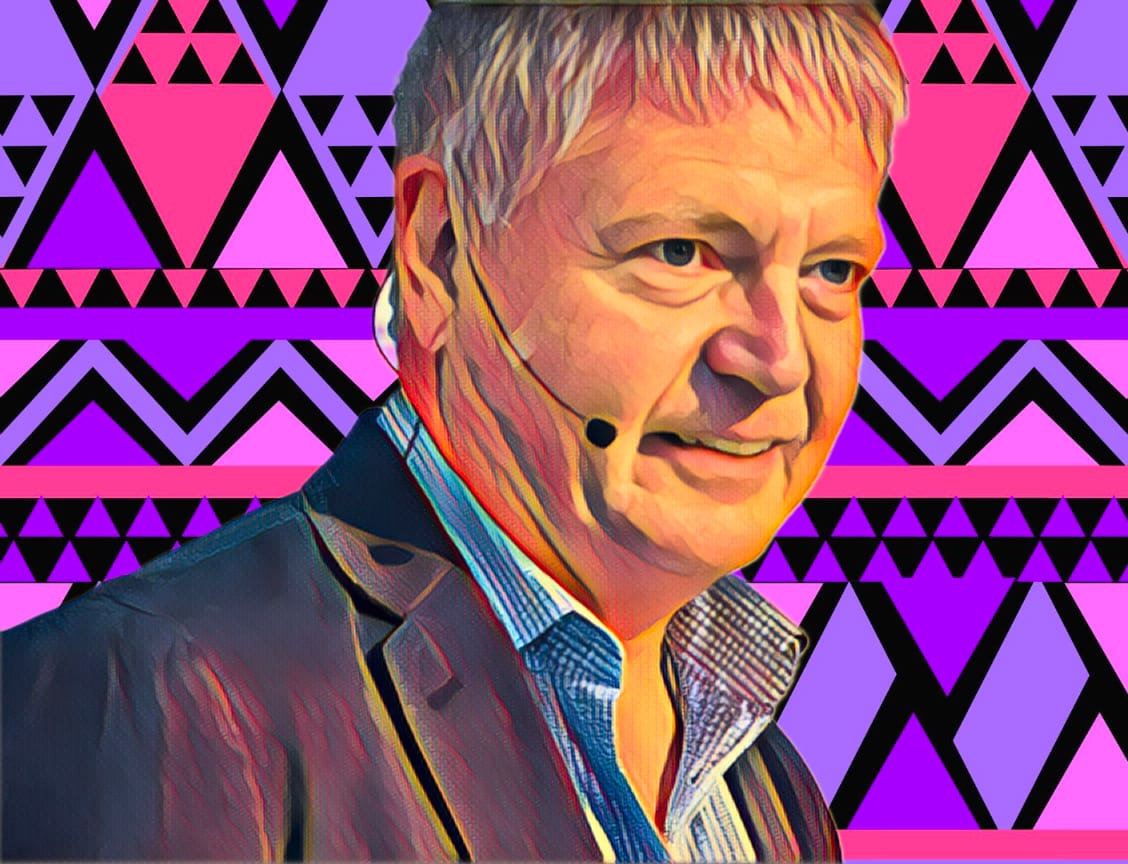
Net Worth: $1.7 billion
Source: Banking
As one of the co-founders of Capitec Bank, Michiel Le Roux disrupted South Africa’s banking sector with a model focused on affordability and accessibility. His approach made financial services available to millions of previously underserved South Africans. His wealth reflects the impact of Capitec, which has grown into one of the country’s most successful retail banks, championing financial inclusion.
9. Christo Wiese
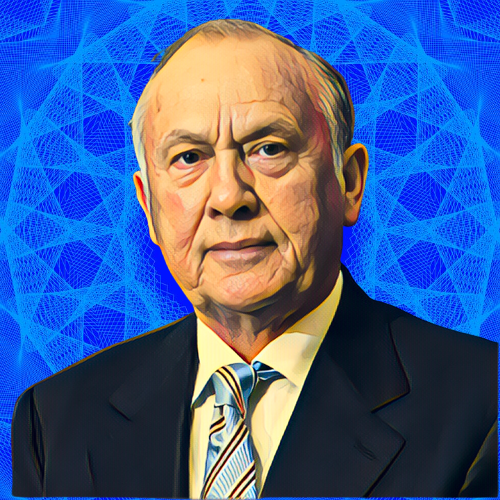
Net Worth: $1.6 billion
Source: Retail
Christoffel “Christo” Wiese made his fortune through Pepkor, a retail empire known for affordable goods. He later expanded into other African markets, with his early investment in Shoprite turning the supermarket chain into Africa’s largest. His influence on the retail sector created thousands of jobs and made everyday essentials more accessible. Despite setbacks that saw his net worth decline from $6.3 billion to $1.7 billion, Wiese remains a prominent figure in African business.
10. Jannie Mouton
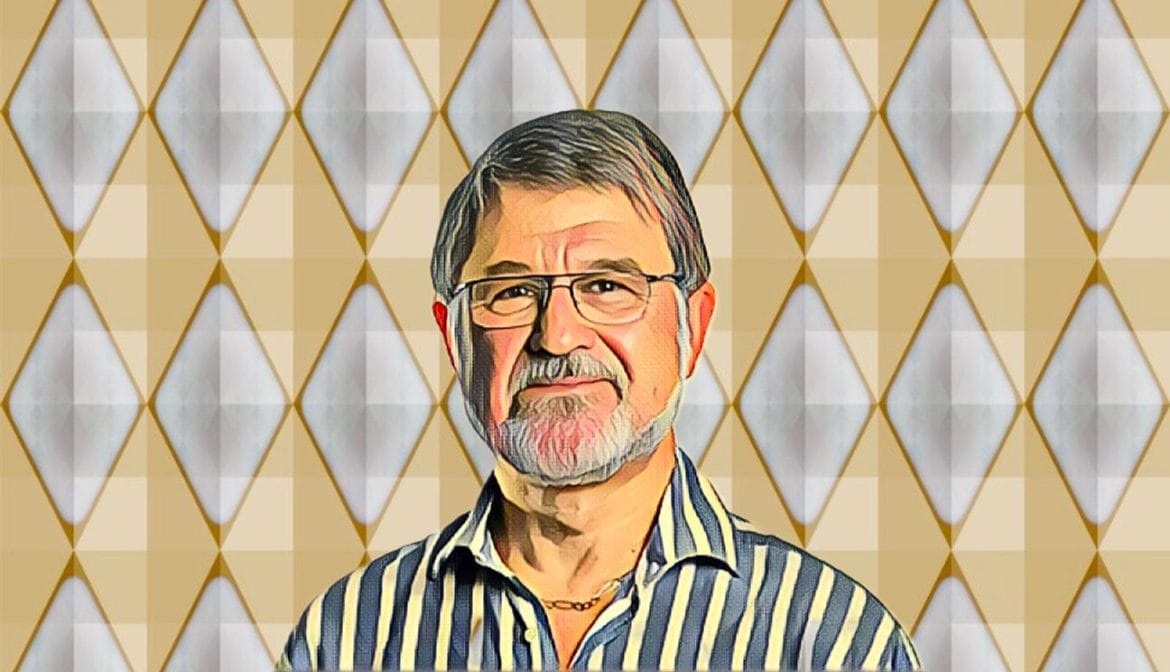
Net Worth: $1 billion
Source: Banking, Private Equity, and Investments
Jannie Mouton’s career is a testament to resilience. Fired from his job at 48, he founded PSG Group, which grew into a financial powerhouse with stakes in Capitec Bank, PSG Konsult, Zeder Investments, and Curro Holdings. His strategic vision transformed banking, agriculture, and private education in South Africa, creating jobs and expanding financial access. Mouton’s journey from adversity to success has cemented his status as one of Africa’s most influential investors.

